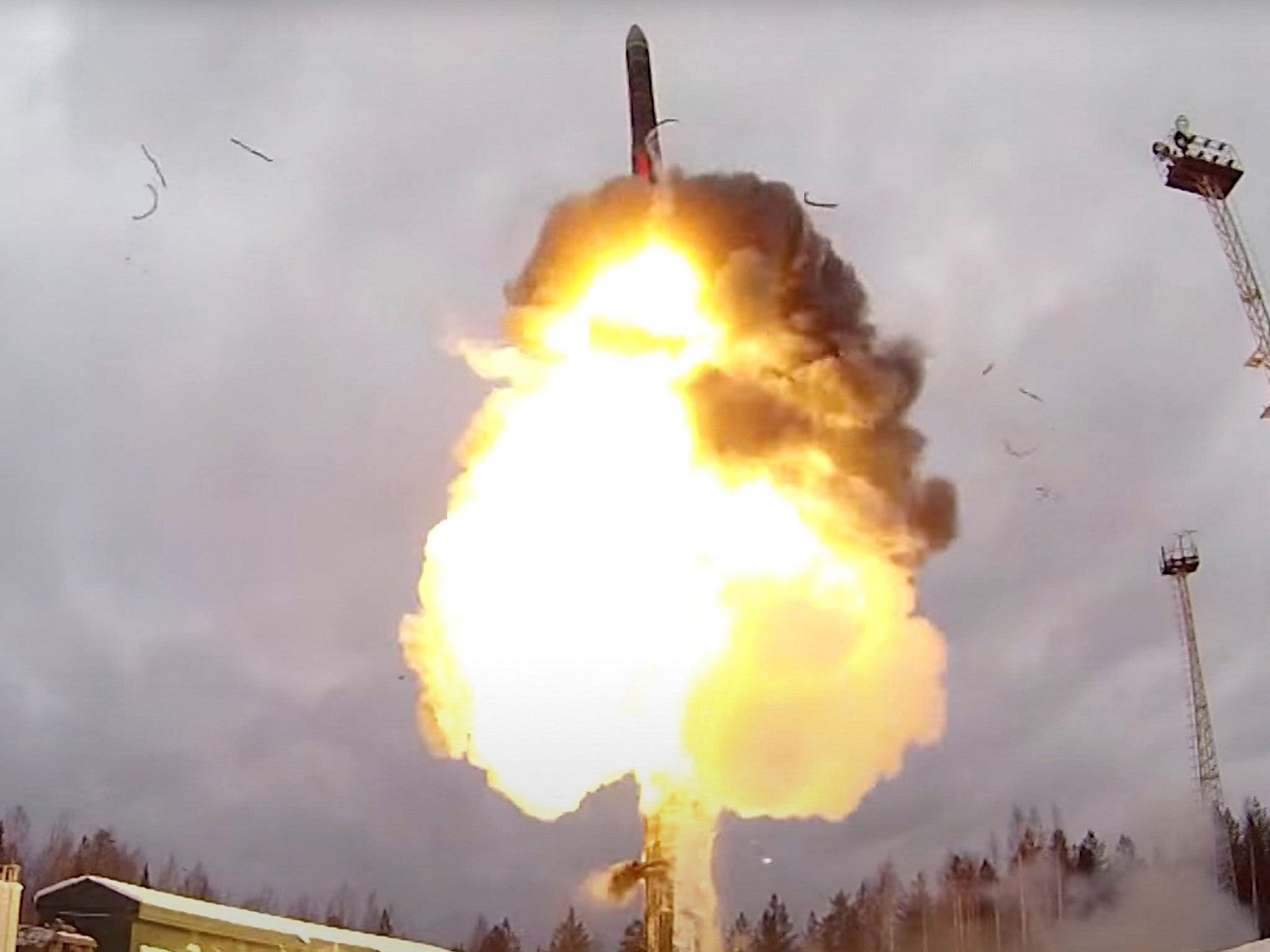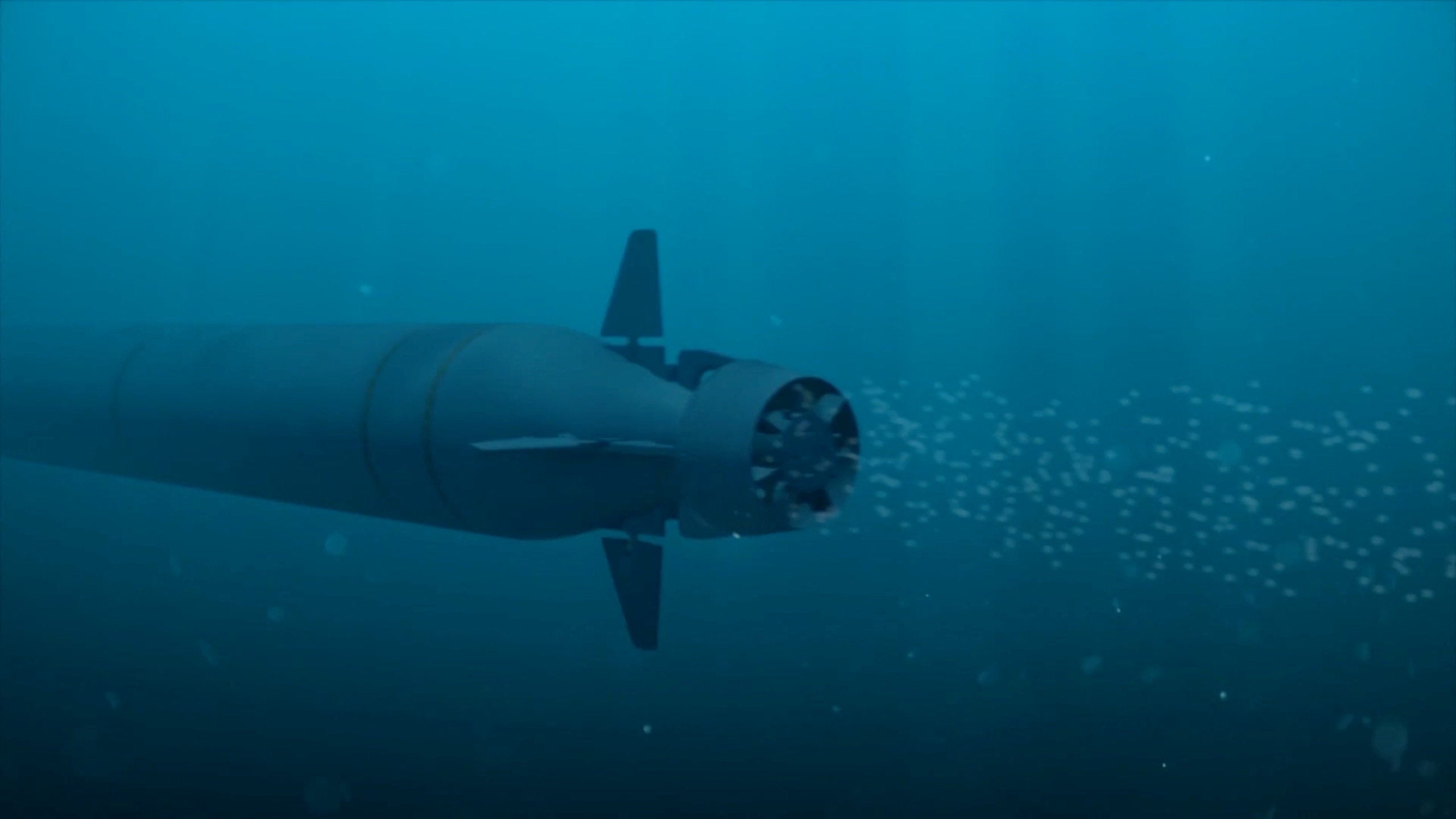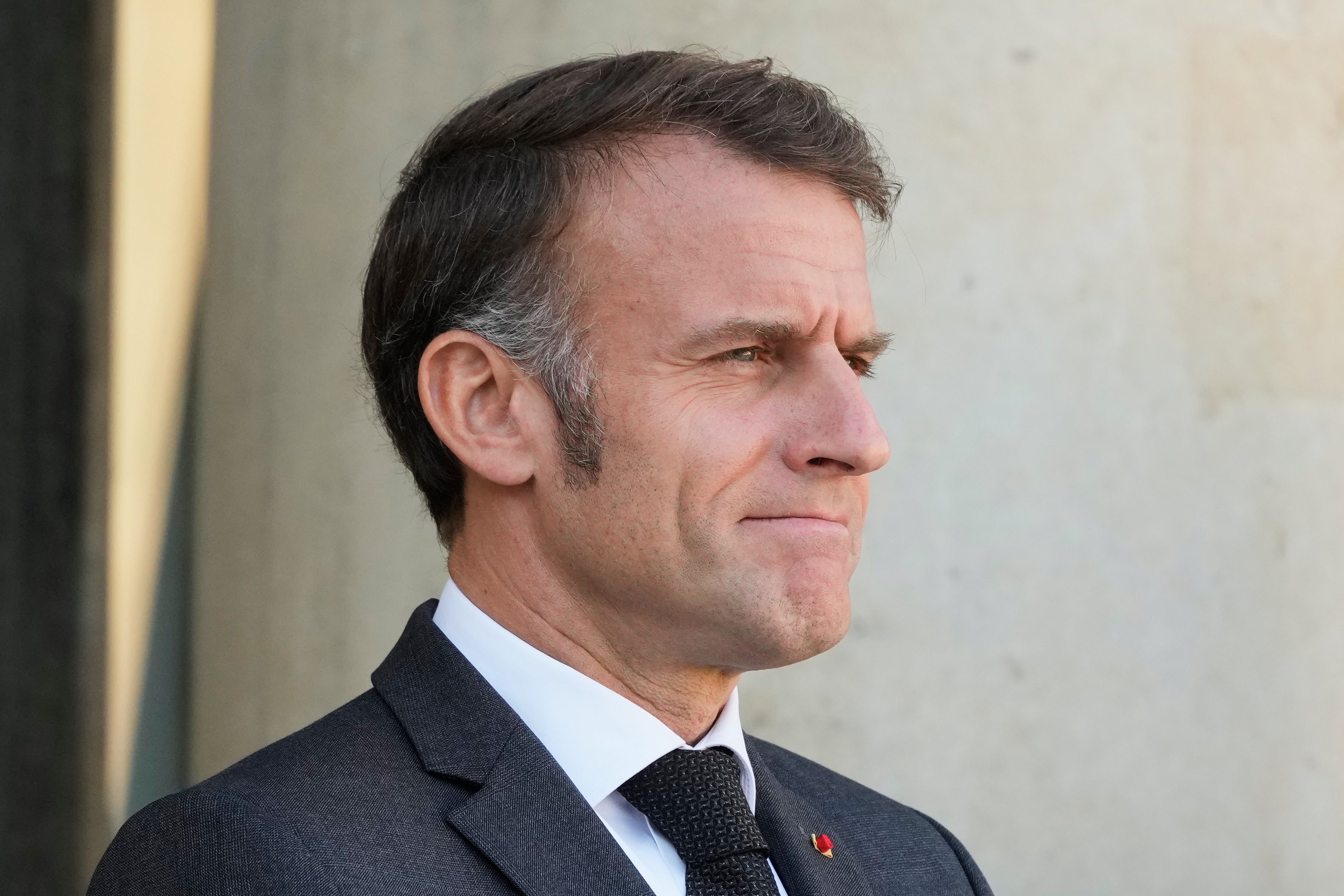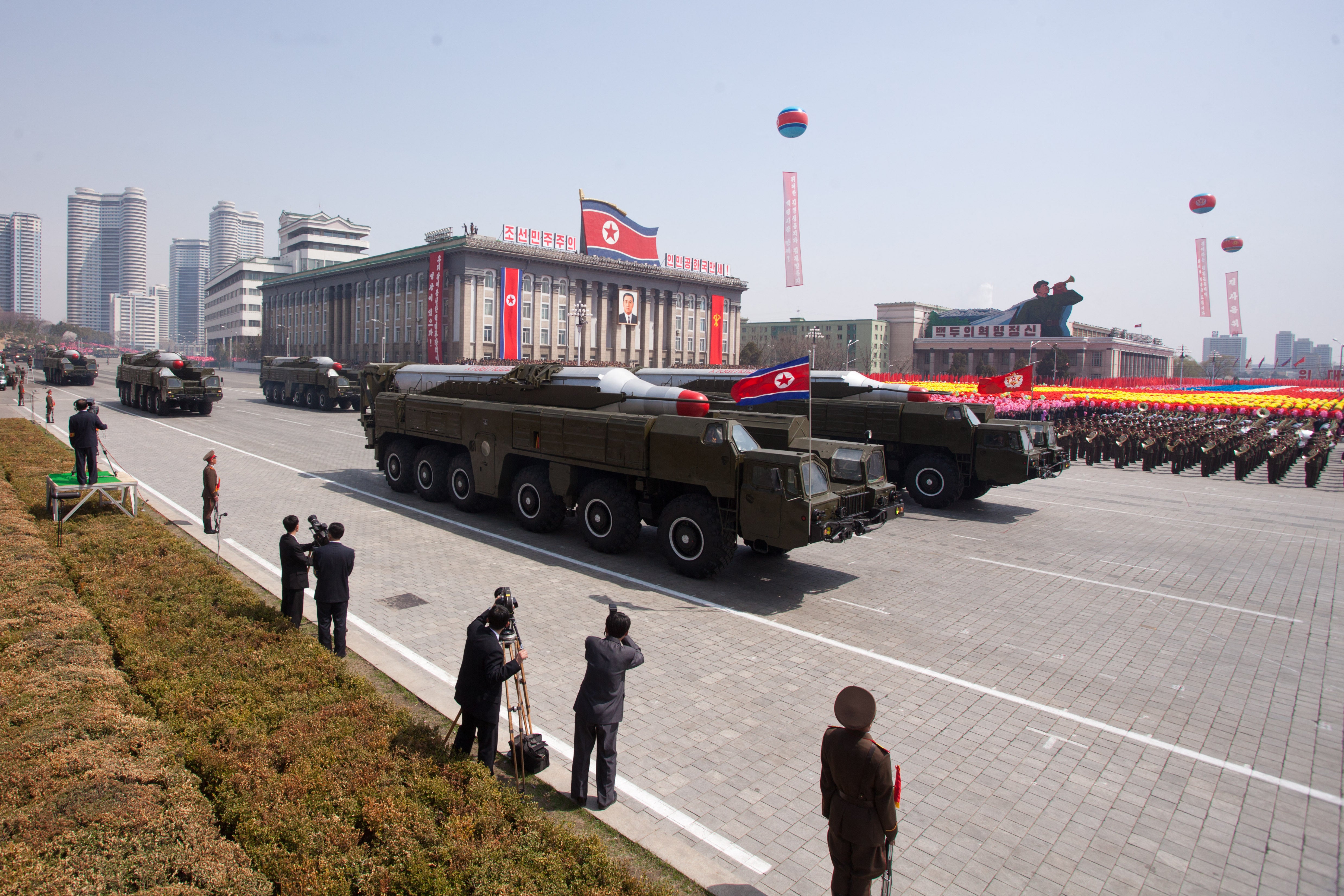The Nuclear Club: The 9 countries armed with nukes as US set to resume weapons testing
There has been renewed focus on nuclear arsenals after Russia’s invasion of Ukraine, James C Reynolds and Maryam Zakir-Hussain report
The United States is to resume nuclear weapons testing “immediately”, Donald Trump has announced, raising fears of renewed proliferation between the world’s two biggest stockpiles of atomic weaponry.
The American president has outwardly pursued a rapprochement in US-Russian relations since returning to the White House in January, but continued provocations from Moscow have pressed Washington to change its stance.
Between them, Russia and the US maintain 87 per cent of the world’s total inventory of nuclear weapons, a hangover from the arms race of the Cold War. Many are earmarked for disassembly, though remain relatively intact.
Of the 9,614 warheads believed to be in military stockpiles around the world today, around 2,100 US, Russian, British and French warheads are on high alert and ready for use on short notice, according to the US think tank the Federation of American Scientists.
The number of operational warheads has fallen significantly from the 70,000 stationed at the height of the Cold War. But renewed nuclear sabre-rattling and Russia’s recent withdrawal from a non-proliferation treaty have stoked fears of a new arms race.
Nine countries currently possess nuclear weapons – informally referred to as “the nuclear club”. But nations generally refuse to confirm the exact numbers of weapons in their stockpiles for security reasons; exact figures are based on experts’ estimates and the best available information.
Which countries have the most nuclear weapons?
1. Russia
While Trump insists that the US “has more Nuclear Weapons than any other country”, it is generally believed that Russia has the largest arsenal in the world today.
The Federation of American Scientists, collating information on estimated global stockpiles, reported this year that Russia had around 4,459 missiles. Of these, 1,718 were deployed strategic warheads, meaning they are ready for use and already positioned for delivery by air, land or sea. The lion’s share, 2,591, was held in reserve or not actively deployed.
The remaining 1,150 have been retired. Both the US and Russia are still dismantling previously retired warheads, having amassed so many during the Cold War.
These figures are estimates, as exact numbers and deployments are often closely held secrets. According to the Stockholm Peace Institute, Putin had 6,255 nukes as of January 2021. But other organisations monitoring nuclear proliferation put the total between 5,977 and 6,257.
Russia’s nuclear armaments have fallen overall in recent years, as the country inherited 35,000 weapons when the USSR collapsed in 1991. Russia and the US both signed the New Strategic Arms Reduction Treaty (New Start), which is an arms control treaty that has been effective since 5 February 2011. The treaty limits the number of deployed strategic nuclear warheads and bombs to 1,550.
In August, Russia elected to pull out of the Intermediate-Range Nuclear Forces Treaty (INF), by which the Soviet Union and the US had agreed to reduce the number of strategic weapons held by both sides. The United States formally withdrew from the 1987 agreement in 2019, alleging breaches by Russia. Russia at the time insisted it had complied with the treaty.

2. United States
The United States is reported to have a stockpile of 5,177 nuclear warheads, of which 1,670 are deployed, 1,930 are held in reserve or not deployed, and 1,477 have been retired.
Warheads are deployed on ballistic missiles and at bomber bases. Since the Cold War, some have also been stationed at bases across Europe.
Italy, Turkey, Belgium, Germany and the Netherlands were all hosting US nuclear weapons, the Federation of American Scientists reported in 2022. Belarus was believed to host Russian nuclear weapons.
To date, the US is the only country to ever use an atomic bomb in war. On 6 August 1945, a uranium bomb was detonated over Hiroshima, Japan, which killed an estimated 140,000 people. Three days later, a second bomb was dropped on Nagasaki, killing a further 74,000 people.
3. China
After the US and Russia, the number of nuclear weapons per country drops off dramatically. China is third on the list with 600 held in reserve or non-deployed warheads.
While the United States has been reducing its count, China – as well as India, Pakistan, Russia, the UK and North Korea – has been growing its stockpile.
The country first developed nuclear weapons during the Cold War and is expected to continue expanding its nuclear arsenal, having added another 30 since 2020.
The US fears Beijing could have more than 1,000 weapons by 2030.

4. France
France’s supply of nuclear weapons comes in fourth with 290 arms, the largest number in Western Europe.
Most of those weapons are based on submarines, with the remainder on air-launched cruise missiles. The country first tested a nuclear strike capability in 1960.
France claims it maintains a policy of “strict sufficiency”, keeping its nuclear arsenal at the “lowest level possible”, strategically.
It has, however, historically stressed the importance of an independent nuclear capability.
France has also historically referenced the possibility of a nuclear warning shot, allowing for the use of a “small” nuclear detonation, perhaps over an uninhabited area, to be used as a deterrent.
Speaking on France’s defence policy in 2006, the then president Jacques Chirac said that while France’s policy was that “under no circumstances can nuclear means be used for military purposes during a conflict”, France remained “willing and able” to deploy nuclear weapons.
“We always reserve, of course, the right to use a final warning to demonstrate our determination to protect our vital interests,” he said.

5. United Kingdom
The UK, a leader in nuclear power and weaponry in the aftermath of the Second World War, today has approximately 225 warheads.
Arms are sea-based and carried by Trident submarine-launched ballistic missiles purchased from the US.
Trident is operated by the Royal Navy and consists of four submarines, based at HM Naval Base Clyde in Scotland.
To date, the country has carried out 45 nuclear weapons tests, most recently in 1991.
The UK announced in 2021 that it would no longer disclose its operational stockpile. But a vote in 2016 saw the Commons approve the decision to maintain the nuclear deterrent beyond the early 2030s.
The UK is expected to build four new Dreadnought-class ballistic missile submarines for entry into service from the early 2030s.
Transition to a new warhead is expected from the late 2030s onwards.

6. India
With around 180 nuclear weapons, India has long been in an arms race with Pakistan.
However, recent relations with China complicate nuclear weapon production.
So, any move by India to modernise its nuclear weapons will be perceived as a threat by Pakistan, further inciting a nuclear arms race.
7. Pakistan
Pakistan has an estimated 170 nuclear weapons and rising.
The country’s strained relationship with India heavily impacts its nuclear arms production rate.
Pakistan first began testing nuclear weapons in 1988, claiming national security reasons.

8. Israel
Israel is believed to have 90 nuclear weapons, though it has never officially confirmed the existence of a nuclear programme, maintaining deliberate “nuclear ambiguity”.
While it is believed to have held such arms since the 1960s, the country has never demonstrated its nuclear capability with a test, unlike other countries on the list.
9. North Korea
North Korea is thought to have the smallest number of nuclear weapons on the list, with 50, but it is a notoriously secretive nation.
The country agreed to a moratorium on nuclear and long-range missile testing in 2018 but resumed long-range missile tests in 2020.
Under leader Kim Jong Un, North Korea has frequently tested missiles over the Sea of Japan, raising concerns of an attack.
Kim has pledged to expand both his country’s military and its nuclear arsenal.
Join our commenting forum
Join thought-provoking conversations, follow other Independent readers and see their replies
Comments
Bookmark popover
Removed from bookmarks